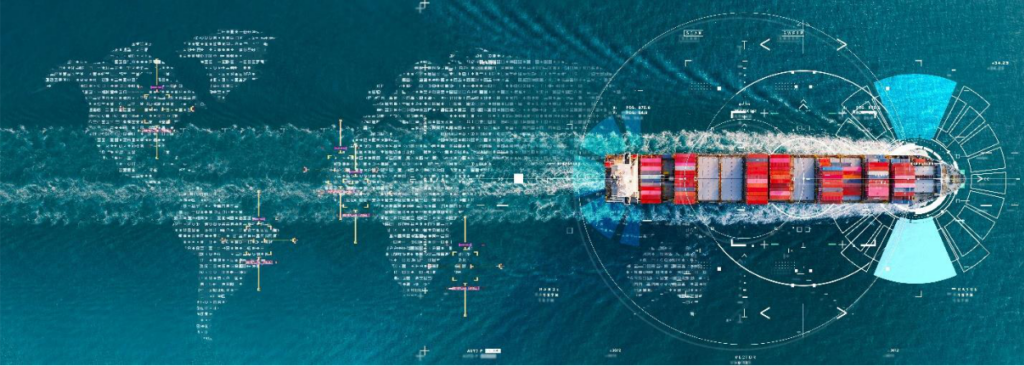
Country Risk Report – December 2023
$179.9 billion |
State Department Travel Advisory Level Level 1 – Exercise Normal Precautions |
48/180 |
Anti-Money Laundering/Terrorist Financing MENA FATF Member |
28/125 |
Not Free |
Country Risk Report – December 2023
| GDP (2021) | $179.9 billion |
| State Department Travel Advisory Level | Level 1 – Exercise Normal Precautions |
| Corruption Index Score (2022) | 48/180 |
| Anti-Money Laundering/Terrorist Financing | MENA FATF Member |
| Property Rights Index | 28/125 |
| Freedom House Ranking | Not Free |
Qatar’s placement in regional geopolitics renders and reliance on commodity prices in the oil and gas sectors render it volatile due to security tensions in the Gulf. Qatar’s close ties with Iran render Western companies doing business there at risk of violating sanctions in the US and Europe. Qatar’s monarchy is stable yet prone to personalistic power struggles within royal politics. This combination of factors heightens the geopolitical risk of companies engaging in financial transactions and investment in the jurisdiction.
Qatar is governed by an absolute monarchy, with the presiding Emir holding virtually unrestricted power. Daily government functions are carried out by the prime minister appointed by the Emir and an advisory council of 15 emir-appointed members and 30 elected by popular vote. Though the prime minister and advisory council are responsible for much of the day-to-day governance of the country, the Emir has ultimate staying power and the final say over what legislation is to become law.
Local governance is divided into eight separate municipalities and overseen by municipal councils, but the ultimate power lies with the central ministries and the Emir. Democratic elections and locally elected officials are closely monitored and have limited authority in lawmaking and legislative processes.
Qatar has one of the world's highest GDP per capita incomes, driven primarily by oil and natural gas exports. With long-term forecasts for the demand for oil products on the decline and frequent market fluctuations, many oil-export-dependent economies, including Qatar, have sought economic diversification. In the face of recent volatility in oil exports, increased demand for Qatar’s liquified natural gas products to Europe and Asia due to sanctions against Russian natural gas bolstered modest growth in 2022.
Despite Qatar’s plans for diversification, diversification away from its dependence on the hydrocarbon industry remains low. This is partly due to relatively low foreign direct investment (FDI) and relative difficulty for international firms wanting to conduct business in the state. FDI and ease of doing business remain low for the following reasons:
The Qatar National Vision 2030 plan states the continued importance of hydrocarbon and supporting industries. It highlights the importance of focusing on the industry's technological advancement to enhance exploration, refining, environmental sustainability, and the long-term maintenance of strategic reserves.
Efforts towards diversification have also highlighted the following industries to target for growth:
Level 1-Exercise normal precautions in Qatar
Companies operating in Qatar should enlist stringent due diligence processes when entering the Qatar. This includes screening partners, investors, suppliers, and customers as needed. Certain foreign companies operating in Qatar may also require a local sponsor to operate in the country, which requires an enhanced level of due diligence to ensure you know who you are doing business with.
It is also essential to understand Qatar's cultural norms and bureaucratic processes to avoid violating local norms and navigate the often complex and rigorous red tape associated with doing business there. Understanding cultural and business norms will help firms establish positive relationships with local partners
and customers and adequately train employees. In addition to incorporating an understanding of local cultural norms and practices into your strategy, firms and investors must also account for frequent policy changes, lack of transparency from government officials, and regional favoritism. This can be accomplished by conducting the correct level of geopolitical risk analysis.
Firms and investors should develop contingency strategies for risk scenarios associated with the complex geopolitical climate in the surrounding region. Understanding how regional conflicts may affect supply chains, sanctions, and the safety of assets and personnel is paramount to mitigating risk.
Enlisting due diligence processes can help to hedge against the threat of terrorist financing. Qatar has been criticized by the international community for inadequate anti-money laundering and terrorist financing controls, further necessitating the need for stringent due diligence.
Firms should also invest in cybersecurity protections to protect intellectual property and sensitive data.
Want To Know More?
For a deeper review of political, economic, due diligence and security risks for Qatar, please contact us.
Our due diligence investigations help you understand fraud, bribery and corruption issues so your organization can avoid unnecessary risk exposures.
Protecting your corporation’s Board of Directors, shareholders and employees are part of key risk mitigation strategy.
Infortal has screened workforces for Fortune 100 companies, banks, law firms for 30 years including nationwide and international hires.
